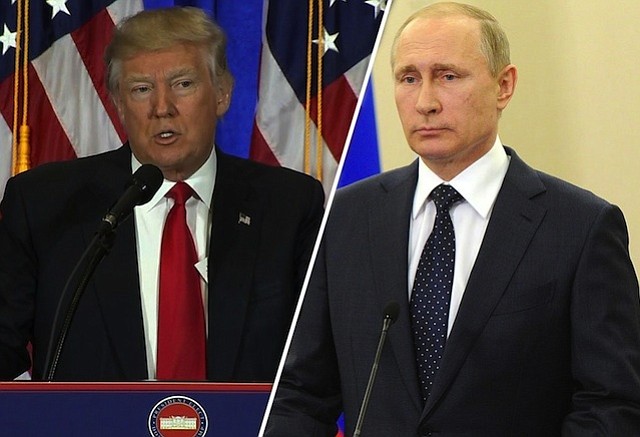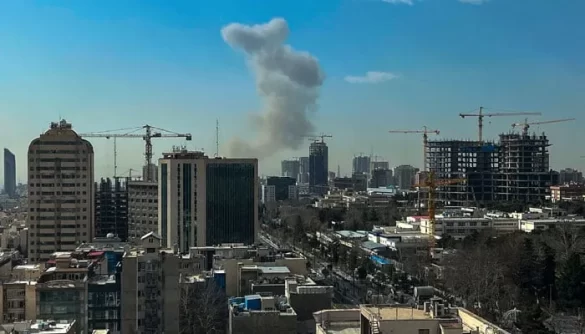Amid escalating tensions in the Middle East, the Russian Ministry of Foreign Affairs has issued a stern warning to the United States, advising it against providing direct military assistance to Israel. Russia cautioned that even considering such involvement could have dangerous consequences for the region’s fragile stability.
In its official statement, the Russian Foreign Ministry made it clear that Russia warns the U.S. on Middle East tensions, saying that any military intervention — especially one supporting Israel — could spark wider conflict and further destabilize the already volatile region. Moscow emphasized that it is maintaining communication with both Iran and Israel, urging all sides to exercise restraint and avoid further escalation.
This warning follows recent reports that former U.S. President Donald Trump has hinted at possible American involvement in Israel’s military actions against Iran. Although no formal declaration has been made, international observers are closely watching for any shift in the U.S. position.
At the same time, major American media outlets have reported that Washington is actively considering joining Israeli strikes on Iranian targets. Such a move would dramatically raise the stakes in what many are calling the most dangerous flashpoint in the Middle East in years.
In a related diplomatic development, the Qatari Ministry of Foreign Affairs announced that the Emir of Qatar has received a letter from Iranian President Masoud Pezeshkian. While the content of the letter has not been made public, it is expected to relate to the regional security crisis and potential diplomatic coordination.
The fact that Russia warns the U.S. on Middle East tensions reflects growing global concern that this conflict may spiral beyond control. With regional alliances being tested and nuclear rhetoric in the background, the world is watching closely as events unfold in real time.
By emphasizing diplomatic channels and condemning foreign interference, Russia’s warning to the U.S. on Middle East tensions highlights the urgent need for restraint, dialogue, and a multilateral approach to avoid a catastrophic regional war.















